Laudato si'. Sulla cura della casa comune
- 192 stránek
- 7 hodin čtení
Il messaggio dell’enciclica è accompagnato da commenti che guardano al testo a partire da tre prospettive diverse: quelle di un teologo, di un vescovo e di un politico.
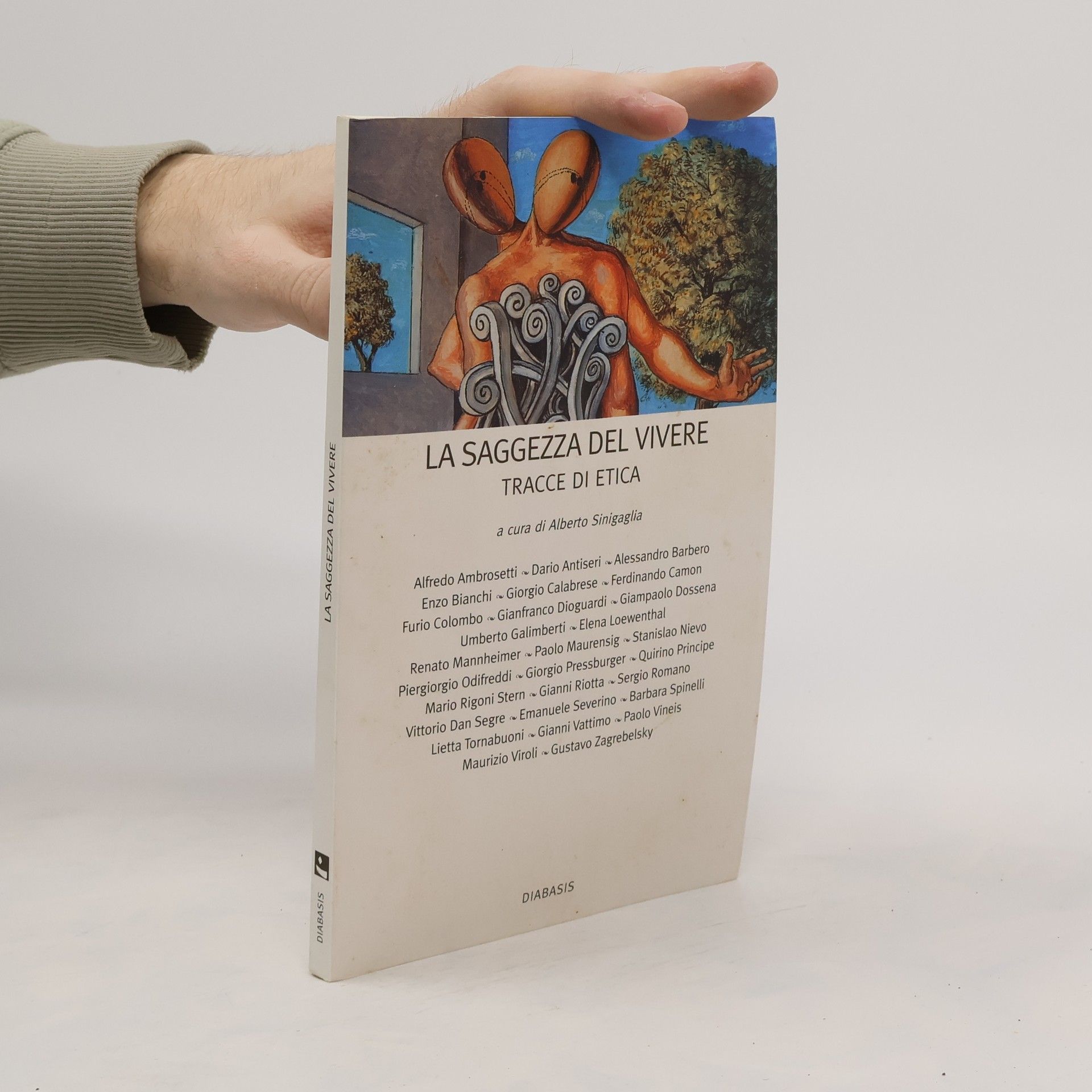
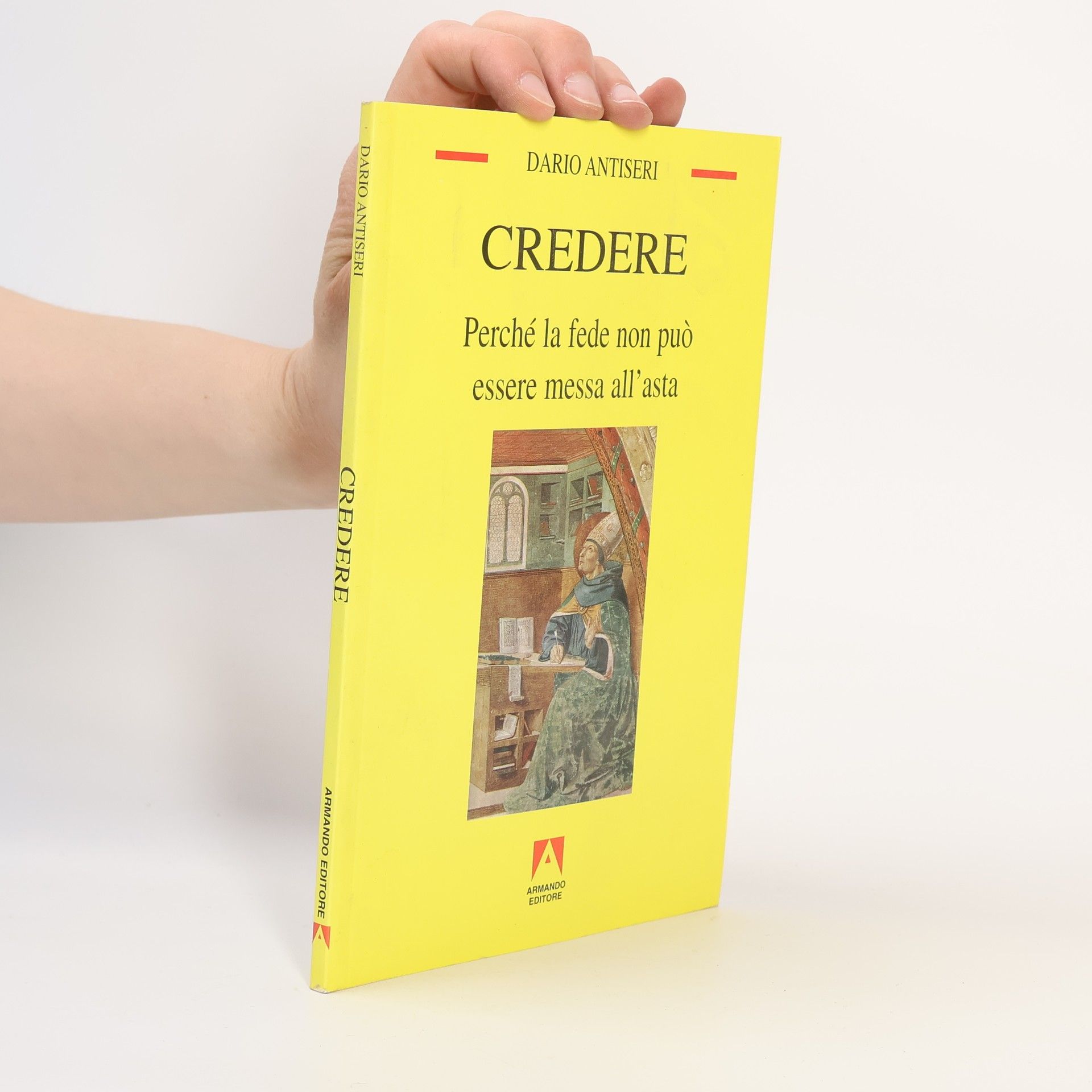
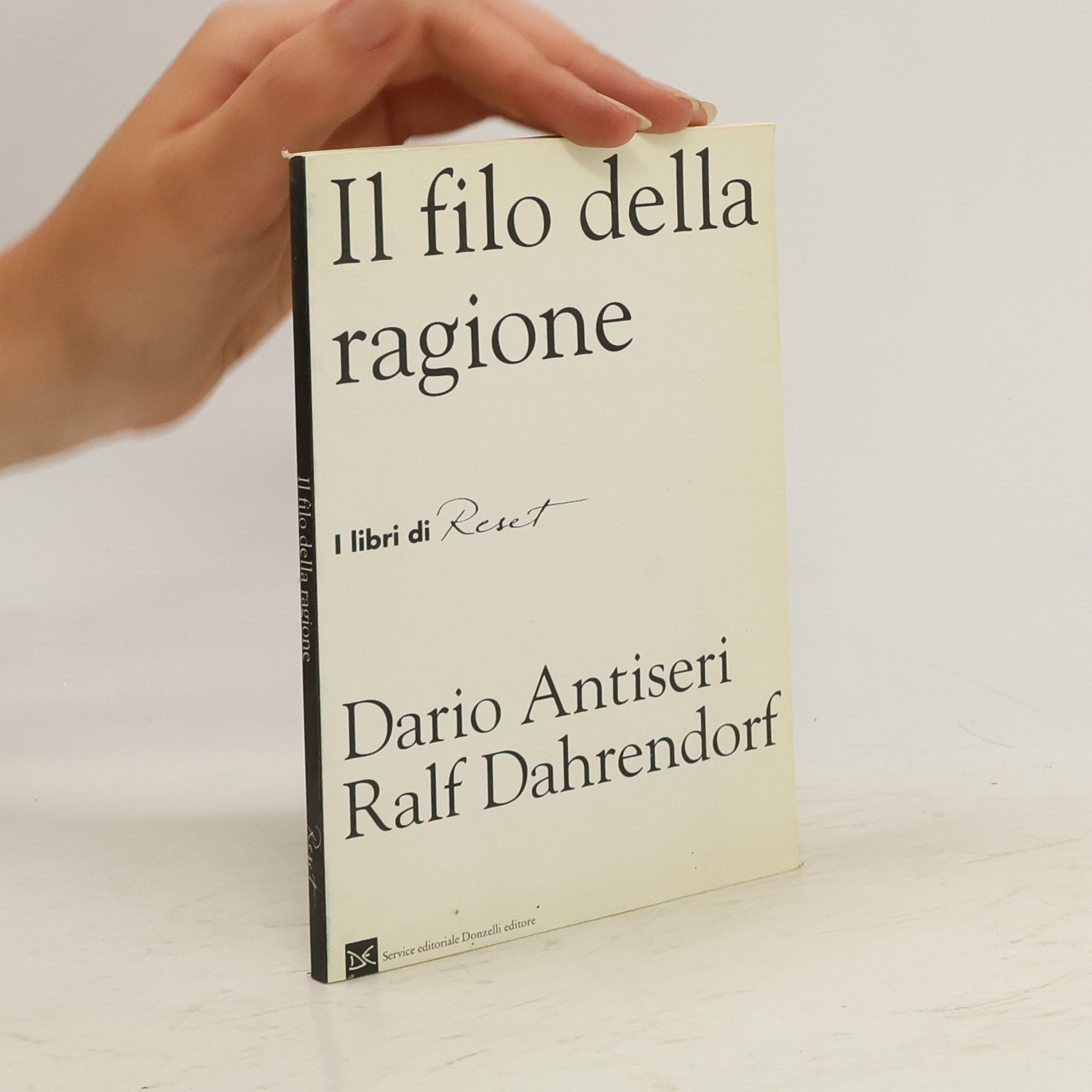
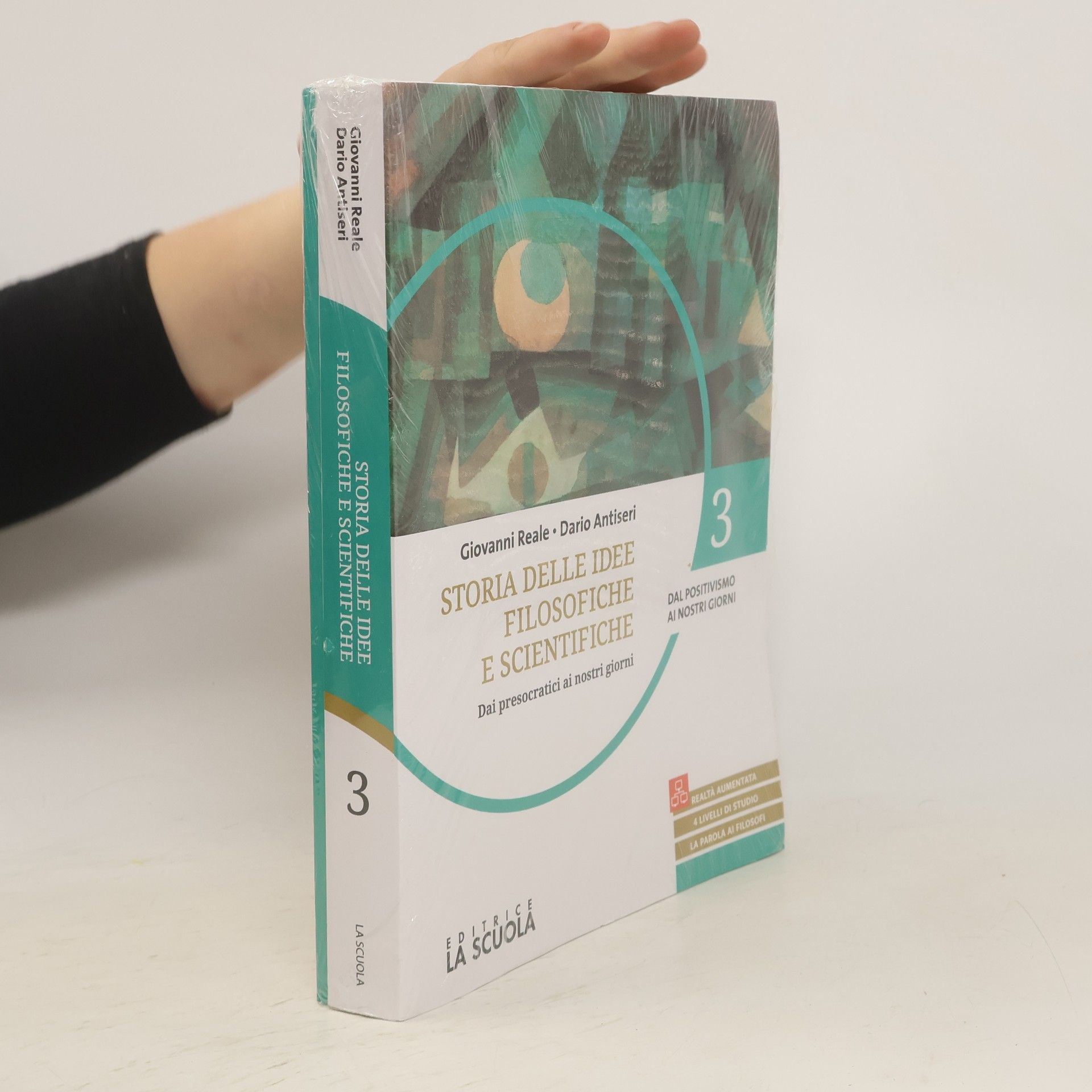
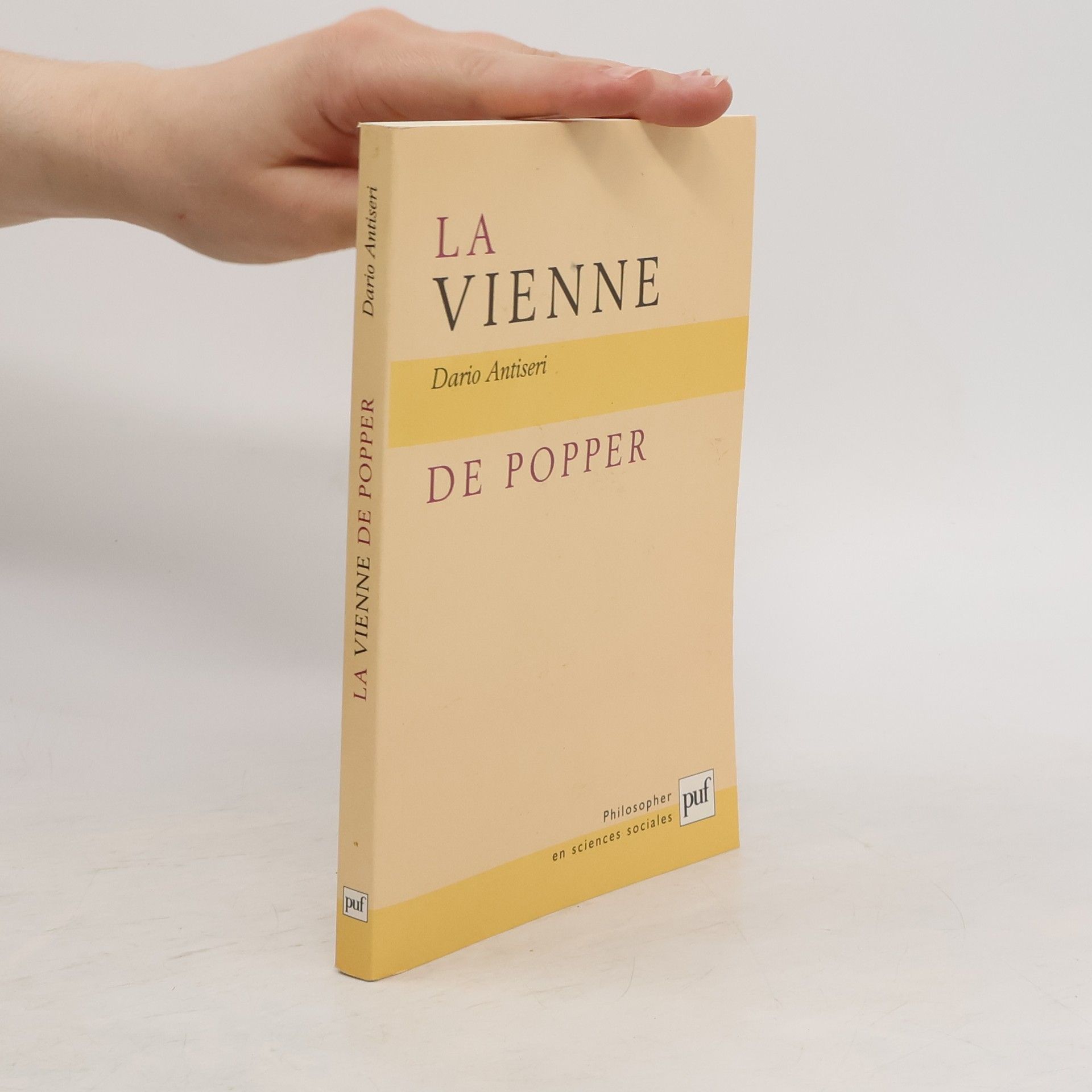
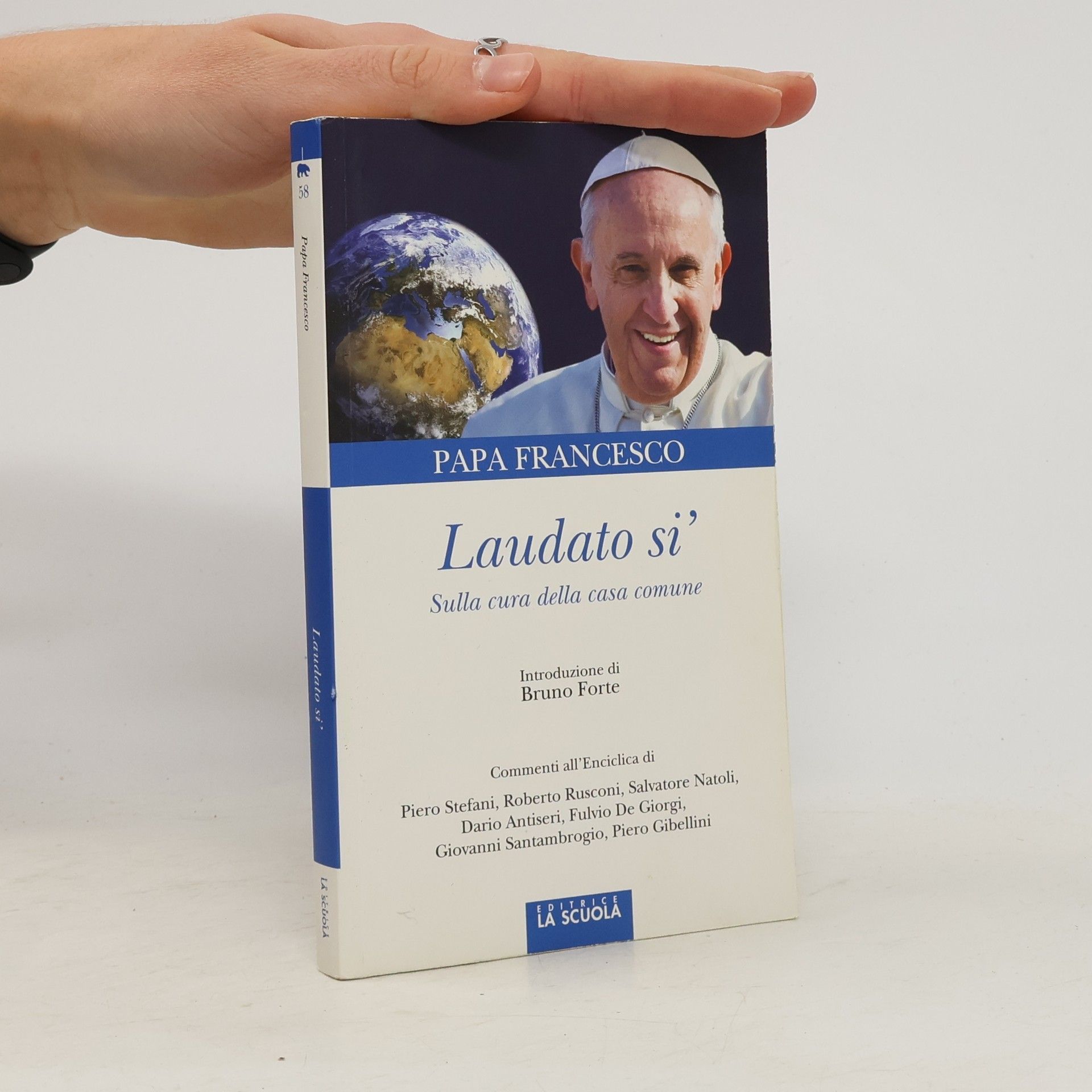
Il messaggio dell’enciclica è accompagnato da commenti che guardano al testo a partire da tre prospettive diverse: quelle di un teologo, di un vescovo e di un politico.
La façon dont Karl Popper et ses successeurs ont bataillé avec les représentants de l'École de Francfort, d'Adorno à Habermas et Apel, est assez bien connue. On connaît plus mal ce qui relie Popper et cette controverse à la première génération viennoise de l'individualisme méthodologique, celle de Carl Menger, et à la première querelle des sciences sociales, qui oppose Menger à l'école allemande et nourrit l'épistémologie de Max Weber et de Georg Simmel. L'ouvrage de Dario Antiseri rétablit la continuité de cette tradition en même temps que les profondes harmoniques de la pensée de Popper avec celle de ses immédiats contemporains : Hayek et von Mises. Incisif et pédagogique, écrit par le principal représentant actuel de l'école austro-italienne, ce livre constitue une introduction historique de première main aux débats fondamentaux en sciences sociales.